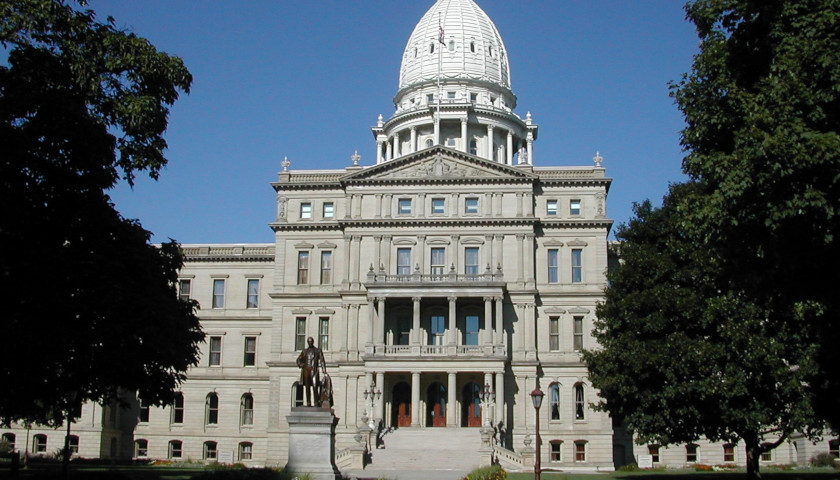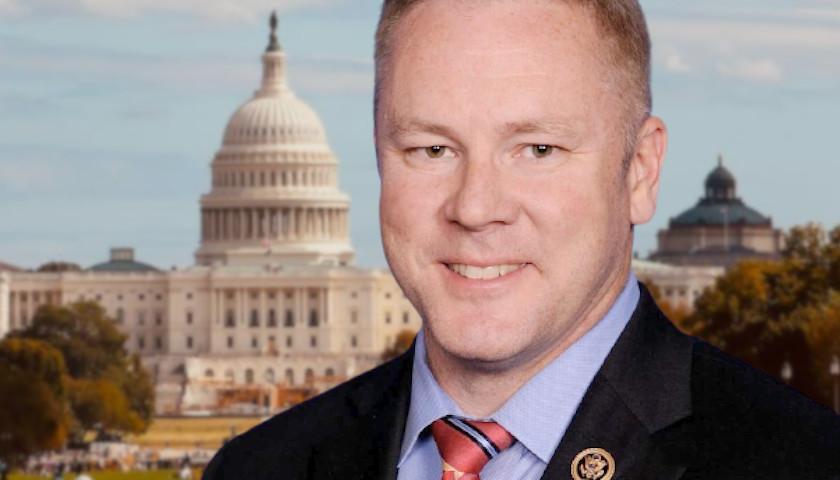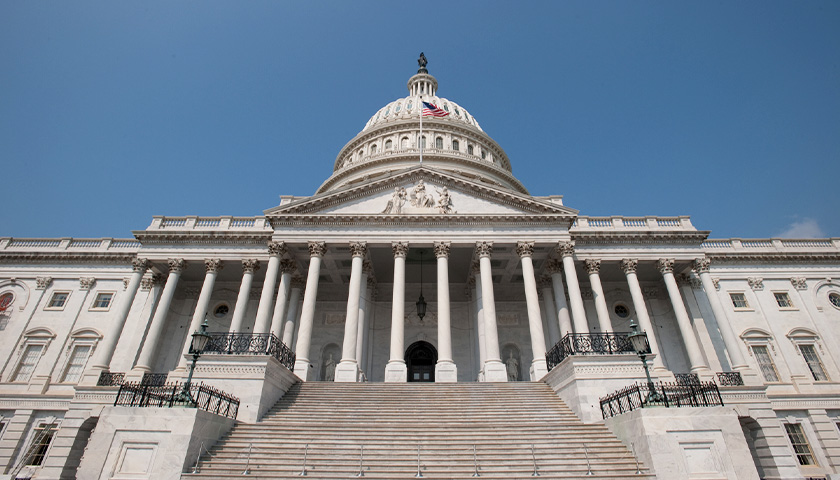by Scott McClallen
Michigan leaders sealed a $62.8 billion fiscal 2021 budget agreement, increasing spending by billions from last year’s initial budget even after state revenue plummeted from COVID-19 and policies placed to curb its spread.
Experts previously estimated Michigan’s revenue would drop by $6.3 billion over the next two fiscal years.
Now, the deficit should be closer to $3.4 billion, although the state is still down nearly $1 billion from January’s forecast.
An August revenue forecast found an unexpected billion-dollar bounceback of higher revenue streams, higher consumer spending, an economy better than expected, propped up by $43.3 billion in federal coronavirus relief funds.
The Michigan Health and Hospital Association applauded the budget “that protects vital funding sources for patient care in Michigan hospitals,” spokesman John Karasinski said in a statement.
MHA applauded increases in funding for the state’s Medicaid plan.
About $4.2 million will implement the pre-trial incarceration task force recommendation for crisis intervention and de-escalation training through the Michigan Coalition on Law Enforcement Standards.
The 2021 budget will fund $100 million in an attempt to attract more businesses.
The Going Pro program will receive $28.7 million, which aims to support training for current and new employees in high-demand, skilled-trade industries.
Pure Michigan advertising funding will be restored at $15 million.
About $20 million will support increased COVID-19 related costs for nursing homes.
The budget deal follows a report handing Michigan a “D” grade for fiscal health, with a $17,000 per-taxpayer cost to pay off all the state’s bills pre-pandemic.
Michigan Association of State Universities (MASU) previously said they took a $571 million hit across their 15 public universities after the COVID-19 outbreak.
“We’re very pleased with a flat budget, given the circumstances and the revenue projections back in spring,” MASU Chief Policy Officer Bob Murphy said in a statement.
“It recognizes how important teaching and research at public universities is to the state’s wellbeing, especially during an international pandemic. This is a validation that public universities will be the driver of the economic recovery and the continued work in alleviating COVID.”
The deal includes about $31 million for 33 “enhancement grants,” that some critics dub “lawmaker pet projects,” including:
- $1 million for the Sloan Museum in Flint
- $1 million for the Van Andel Institute, a biomedical research nonprofit
- $750,000 to help maintain the Langley Covered Bridge in St. Joseph County
- $500,000 for the Michigan Aerospace Manufacturers Association, which is planning space launch centers in Oscoda and Marquette
- $85,000 for renovations to the old home of former Michigan Gov. Fred M. Warner in Farmington
“The state budget has only gone up, despite the pandemic and the governor’s orders straining the economy and limiting state revenue,” James Hohman, director of fiscal policy at the Mackinac Center for Public Policy, told The Center Square.
“The federal government fully bailed the state out. And for the upcoming fiscal year, state tax revenue looks to have fully recovered and federal revenue continues to come in at higher levels than before the pandemic.”
Hohman pointed out that the current budget has more fat that could be cut.
“The state budget has plenty of room for savings when it still has room for lawmaker pet projects and to pay for an advertising campaign that benefits private businesses at taxpayer expense,” Hohman said, referring to the Pure Michigan allocation.
– – –
Scott McClallen is a staff writer covering Michigan and Minnesota for The Center Square. A graduate of Hillsdale College, his work has appeared on Forbes.com and FEE.org. Previously, he worked as a financial analyst at Pepsi.
Photo “Michigan Capitol” by Nikopoley. CC BY-SA 3.o.





